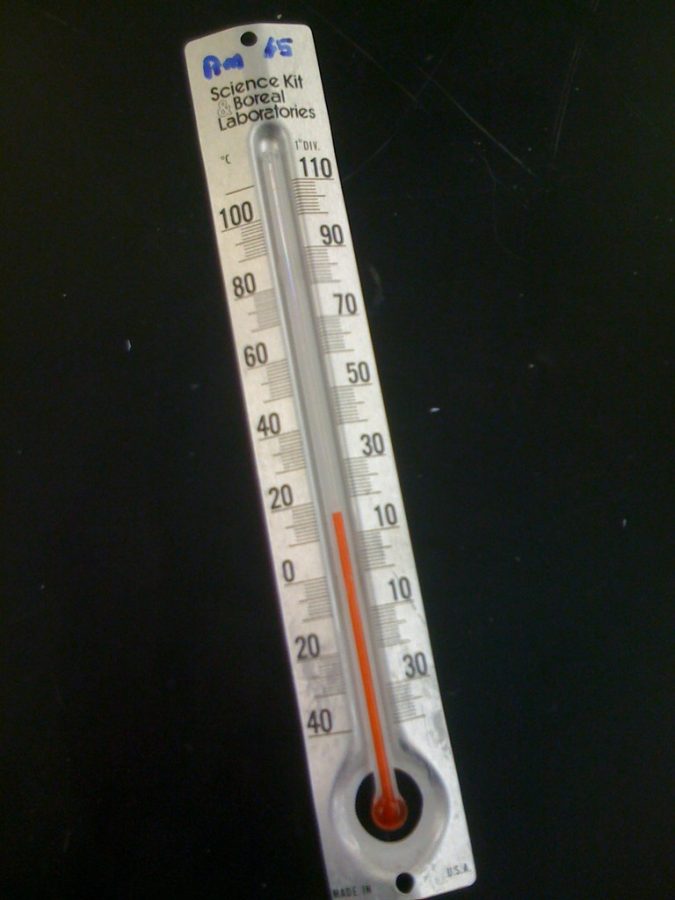How Thermometers Work
What is the liquid in a thermometer and does it affect how the thermometer works?
Thermometers have been a staple of life for hundreds of years. Back when it was invented in 1654, it was almost as accurate as it is today. But how does it work? It’s quite simple when you break it down.
The main component that makes the glass thermometer work, is the mercury in the glass tube. Depending on whether it’s hot or cold, the mercury will expand or shrink. Scientists have figured out the scale that shows us the temperature depending on how much the mercury has expanded. The modern thermometer is accurate and will always show 20 degrees when it is 20 degrees outside.
Although thermometers have used mercury for years, if you were to look at one currently, it probably wouldn’t have mercury in the glass tube. Back in 2011, the NIST made an announcement that glass thermometers would no longer use mercury. Why is this? Mercury was found to be very toxic and can damage the environment. Many people wonder why mercury was in the thermometer in the first place. Mercury worked perfectly for the glass thermometer and was harmless when trapped in the glass tube. Only when the glass breaks, does it become dangerous and toxic to our population?
How does the glass thermometer work without mercury? Ever since the recall in 2011, thermometers have been made with alcohol instead of mercury. The alcohol thermometer works the exact same as the mercury one. The alcohol will expand based on the temperature and give you a correct reading. Yes, Mercury thermometers are more accurate, but an alcohol thermometer will still give you a suitable reading that might be a degree or two off.
Thermometers are used year-round, all around the world. As the years go on, different types of thermometers will continue to be made and fewer and fewer people will feel the need to use a glass thermometer. despite this, glass thermometers will always be known as the original and will never stop taking its so simple, yet so efficient technology all around the globe.
RELATED STORIES:
https://www.explainthatstuff.com/thermometers.html
https://www.allthescience.org/what-is-an-alcohol-thermometer.htm
TAKE ACTION:















